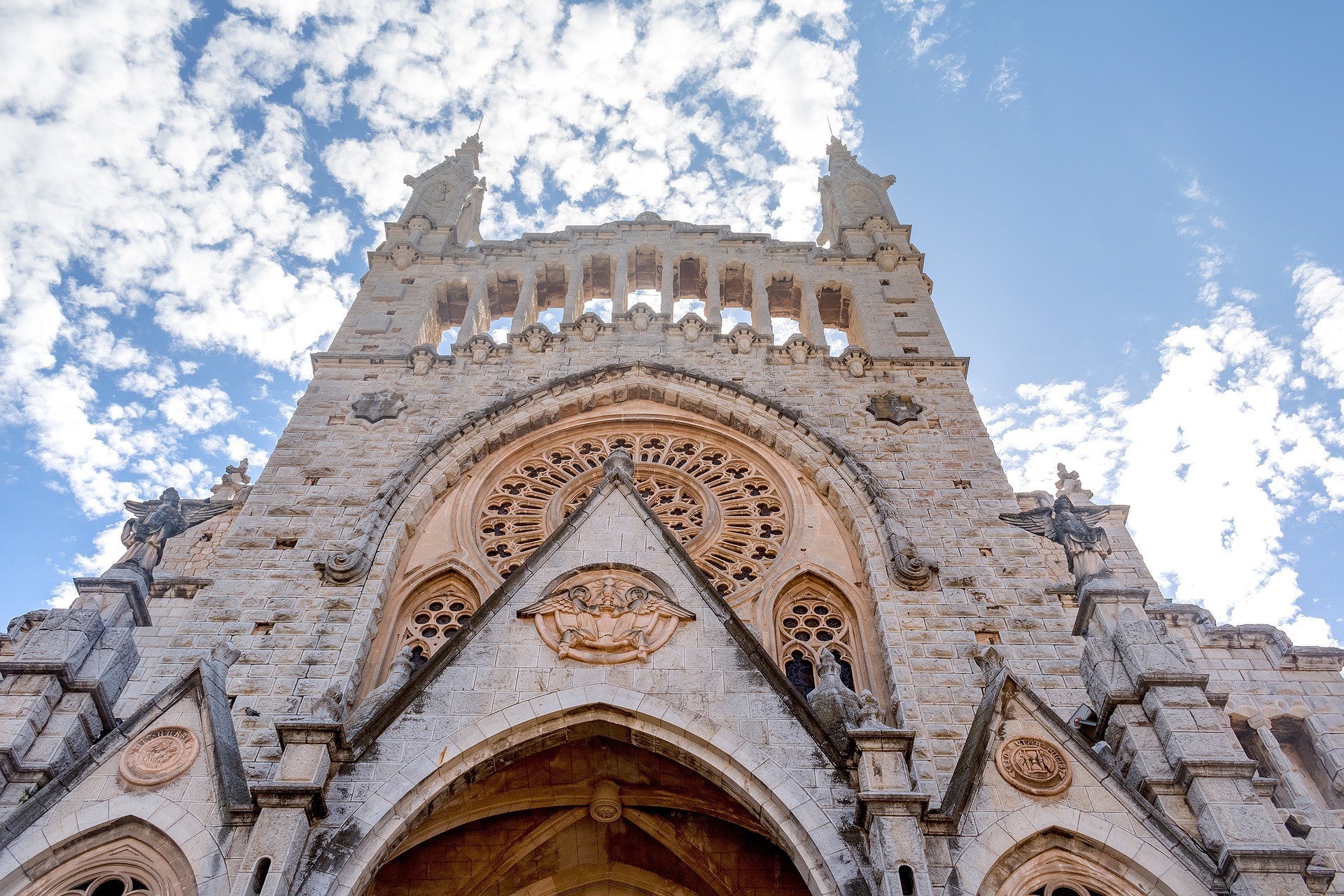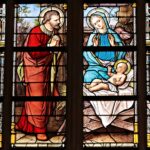If, for argument’s sake, the apostles Paul, Peter, James and John, should come back to Earth and walk into a typical Christian church today, would they recognize some of their teachings?For example, should they walk into a Sunday service (except the annual Sabbath, the Feast of Pentecost, which is always on a Sunday), would they recognize what was happening? They observed the Sabbath, not Sunday, back in their time. What if they walked into a Christian’s home and saw a Christmas tree in December, would they recognize it or would they be surprised to see a symbol of idolatry in such a home? (Jerm. 10:1-7).
These men would be appalled that Christianity has abandoned God’s festivals of Lev. 23, knowing nations must observed them when God’s Kingdom is established on Earth (Zech. 14: 15-21). Instead, Christianity embraces festivals borrowed from paganism, something he hates (Deut. 12:30).
What if these great men of God walked into a Christian’s home at Easter time and saw the decorated eggs, Easter bunny and ham being served for dinner? Would they be astonish, as they never observed such a festival, they never ate unclean meats (Acts 10:14) and they observed Passover, not Easter, in the first century. (I Cor. 5:7)
If these great men of God, some of whom wrote the books of the New Testament, saw or heard acknowledgement of a Trinitarian God, what would they have thought as they didn’t embrace the concept of God in that way. They were familiar with duality in the Godhead from the Old Testament writings, from which they preached. (Gen.1:26)
Suppose they were in a Sunday service and heard the preacher telling members that going to heaven is the reward for Christians. They would be utterly amazed because some of them heard from the lips of Jesus that the kingdom of God will be on Earth and He’s returning to “inherit the throne of his father David,” in the New Jerusalem, and that all nations will come to worship Him in Jerusalem on the Sabbath, not Sunday (Is. 66:23).
These dedicated followers of God would find the ever-burning hell teaching strange because some of them could recall Jesus sermon (Matt. 5:20-30) when he referred to the hell (ever-burning fires of Gehenna, a literal place, a garbage dump in the Valley of Hinnom, just outside Jerusalem), knowing forever burning meant as long as they lasted. They knew about the lake of fire that burns with brimstone (Rev. 20:15) and that “the soul that sinneth shall die,” (Eze. 18:20) and “the wages of sin is death,” the second death or eternal death.
Of course, Christianity uses “progressive revelation,” an interpretive way of rationalizing their own biblical contradictions in that God uses the New Testament to clarify or expand on certain teachings that might not have been that clear in the Old Testament. For example, the teaching of the Trinity is regarded as progressive revelation, but what happens when that teaching remains muddled, confusing and with little biblical support using spurious passages and interpretations that are not abundantly clear? Draw your own conclusion from the above whether these great men of God would recognize the Christian church today.
As we approach the birthday of the church on the day of Pentecost (one of God’s seven annual Sabbaths of Lev. 23 and the only such festival traditional Christianity seems to recognize and reject the others, another contradiction on their part), these are very, very, important questions to ask yourself if you are a Christian. It would be advisable to base your conclusions on the Bible and not the traditions of men! For more on this subject, download FREE our booklet GOD’S SEASONAL PLAN.






Share This Article
Choose Your Platform: Facebook Twitter Google Plus Linkedin